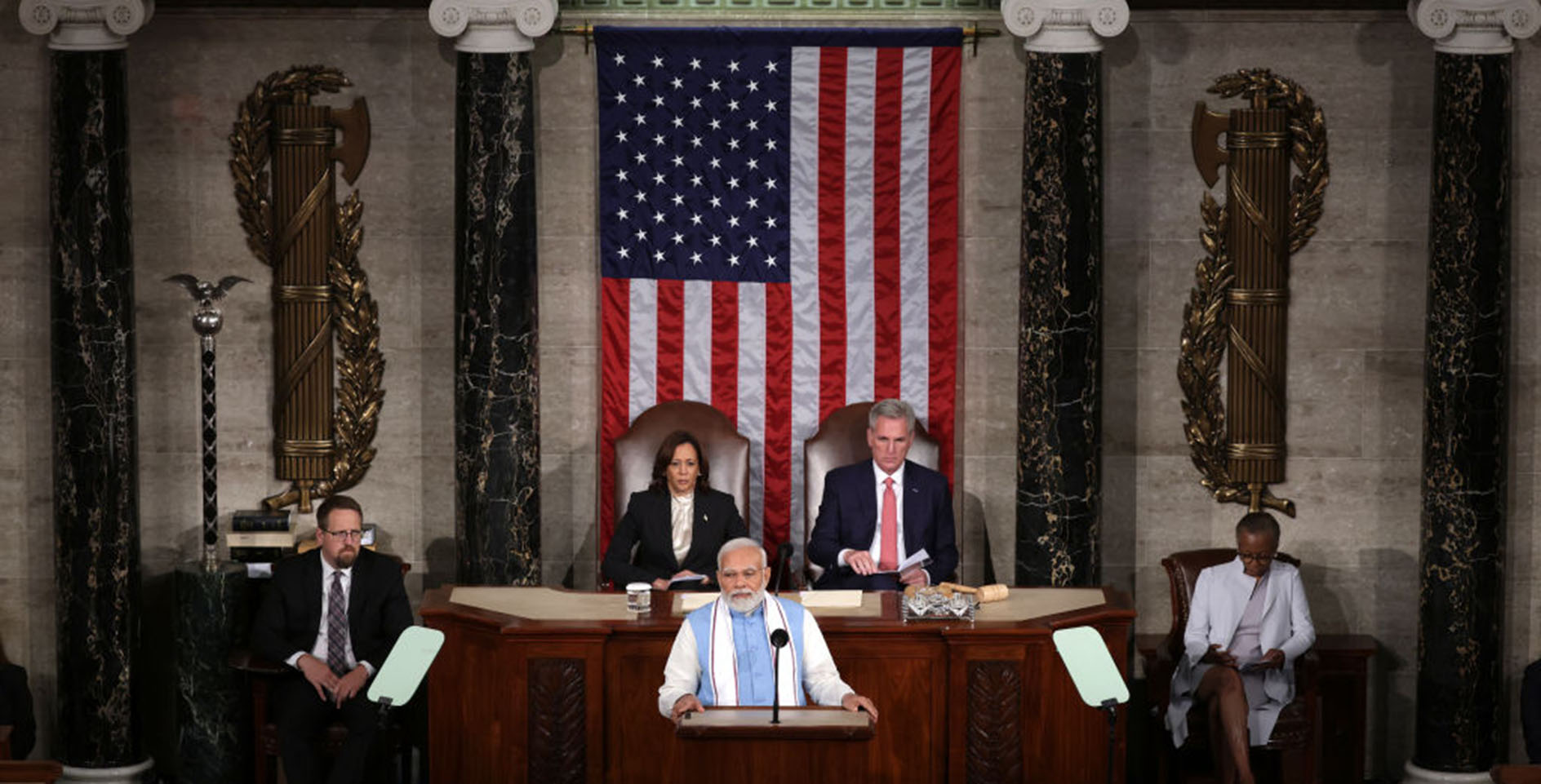Though Baptists love to claim him, Roger Williams was a Baptist for about 12 minutes.
Hyperbole aside, the founder of Rhode Island and the ardent advocate for religious freedom did in fact live out his days as a “seeker” — he did not believe any church, this side of Christ’s return, was pure. He rejected, therefore, the formation of any church and did not attend church himself in his latter years. His views on both theological and political matters made him a constant target of civil authorities in the 1600s — a time where church and state, though distinct threads, were nevertheless intertwined in a mutual pursuit to fashion a godly community.
Why, then, should Roger Williams hold such a special place in the hearts and minds of modern Baptists? It comes down to his pre-Enlightenment support of total religious freedom. By total, I mean a comprehensive freedom that encompassed not only orthodox Protestants, but Catholics, Muslims, and even atheists. He wrote in his 1652 work The Bloody Tenet Yet More Bloody that “Jews, Turks, Antichristians, and Pagans,” were “peaceable and just . . . notwithstanding their spiritual whoredoms.” In the mid-17th century, Williams’ views scandalized his readers. Parliament ordered his books burned, and theological leaders in England like Thomas Edwards, took direct aim at Williams’ views, calling them blasphemous and pernicious. Indeed, Williams’ most famous interlocular, John Cotton, wrote a letter from the Massachusetts Bay Colony to a minister back in England, decrying Williams as an obstinate rabble rouser — a “Sheba of Bickry,” who “blew a Trumpet” of sedition and separation.
Religious liberty as a means for evangelism
Williams blew the trumpet of soul liberty. He crafted a theological and natural law defense of religious freedom with which Baptists can and should resonate. Indeed, Williams, though not a Baptist himself, stood in a stream of Baptists who defended the rights of conscience. Williams’ ideas imbibed those persecuted Baptists who came before him — figures like Thomas Helwys and John Murton, whose works on religious freedom in the early 1600s proved formative on Williams in the 1640s and 50s. Williams, furthermore, was a source for Baptists who came after him. Most notably, Isaac Backus and John Leeland frequently mentioned Williams as an important voice in their own ideological commitment to religious liberty — Backus himself cited Williams at length in his campaign to disestablish the state church in Massachusetts.
The cornerstone of Williams’ support for religious freedom, however, came down to an issue of salvation. That is to say, Williams framed the question of whether or not there should be religious freedom around how one came to saving faith. Williams believed that true conversion necessitated the volitional choice to confess one’s sins, repent, and believe in the gospel. Only adults, or at least those who could provide evidence of their regeneration, were candidates for baptism — another controversial view during Williams’ day. Given these soteriological convictions, Williams found it utterly horrific that any civil society would attempt to enact an enforced religious orthodoxy. God, by Williams’ contention, never endowed any magistrate or government an authority over the conscience. Throughout his works, Williams pointed to the natural product of established religion. He wrote during the Thirty Years War, a religious conflict that claimed the lives of nearly 8,000,000 people. He also wrote during the English Civil War, another religious war that killed a higher percentage of the English population than World War I and World War II.
Citing these conflicts, Williams argued that coerced religion, at best, created a church of hypocrites. At worst, it ended in violent revolution.
Instead, Williams argued that religious freedom was not only biblical, but part of God’s creational design. Men and women were to respond to the gospel summons of their own accord through the process of sharing the gospel. People did not truly repent of their sins when coerced by the civil sword of the magistrate — that, according to Williams, stifled the work of the Spirit. Instead, persuasion, reasoning with the unconverted, and an open dialogue without the fear of retribution were not only the surest means to procure societal peace, but also the means through which people could come to a saving knowledge of the Savior.
Williams disclosed in his 1644 work, The Bloody Tenet of Persecution for Cause of Conscience, that the concern for evangelism nourished his belief in soul freedom. Indeed, Williams wrote, “He that is a briar, that is a Jew, a Turk, a Pagan, an Antichristian today, may be, when the Word of the Lord runs freely, a member of Jesus Christ tomorrow, cut out of the wild olive, and planted into the tree.” This was his hope and aspiration — that God’s Word be liberated from the fetters of coerced religion so that men and women, likewise freed from establishment, could respond in true faith to the gospel summons.
In other words, religious freedom was, for Williams, a means to a greater end. He did not contend for soul liberty so that he could be left alone to his own devices or to never face the realities of religious persecution. Instead, he fought for religious liberty because of a soteriological conviction — because of a gospel conviction.
Modern Baptists and the public square
Williams had a lot more to say about religious freedom, but this concern for evangelism that undergirded his advocacy is especially important for Baptists today. In a recent article I wrote for Public Discourse, I argued that conservatives must resist the temptation to foreclose on the public square and political engagement. Conservatives seem weary of engaging with liberals, arguing that liberals are no longer concerned about seeking the truth or engaging in meaningful dialogue. Our hyper-partisanship seems to tribalize us, entrenching us in unreasoned allegiances and an unwillingness to engage with our political rivals. A large majority of Americans are now dissatisfied with democracy altogether, and a sizeable minority of Americans — 1 in 6 — now favor military rule.
My points in the Public Discourse piece were directed at political issues — but I sense that significant similarities exist between disgruntled conservatives who no longer wish to engage with liberals and evangelical Christians, who, similarly, have retreated into the comforts of our own tribes. Thus, our advocacy, as Baptists, for religious freedom, has less to do with the common good and evangelism and more to do with our desire to be left alone.
Roger Williams has much to teach us here.
We are in an evangelistic emergency, and I fear that Christians — Baptists included — have surveyed the public square and our political moment and surrendered our core commitment to evangelism and preaching the gospel. Like conservatives, we are ready to wash our hands of those on the left — or those we wrongfully deem unsavable. We contend for liberty, but only so that we can just be left alone. When Williams, however, staked his life on religious freedom, he did so with the expressed intent of evangelism. By setting up Rhode Island as a place for people distressed of conscience, Williams pursued those whom he thought had deviated from the truth. Rather than hanging Quakers, he engaged them, toward the end of his life, in theological dialogue. He wanted to convince them of the truth — and he was able to do so because in Rhode Island, the Word of the Lord ran freely.
This did not mean that Rhode Island was a conflict free, perennially happy place. Williams noted the frequent and bitter disputes between the various religious groups that took up residence in the colony. William Arnold, one of the colony’s leading figures, deplored the civil calamites that besieged his community, stating that liberty of conscience served as a “pretense,” which invited “all the scum” to come and take up residence. Liberty, as it turns out, is messy.
But religious freedom was, indeed, remains worthy of our defense, and not so that we can just retreat to a quiet and private life. We strive for this freedom for the common good, so that places like Sunrise Children’s Services (a Kentucky Baptist Convention foster care ministry) can continue to be there for the orphan and the abused child without sacrificing religious convictions.
More than the common good, we contend for this first freedom — this soul liberty — for the reasons Williams did. When the Word of the Lord runs freely, and when we preach that Word, those who today are lost, might tomorrow be saved.










